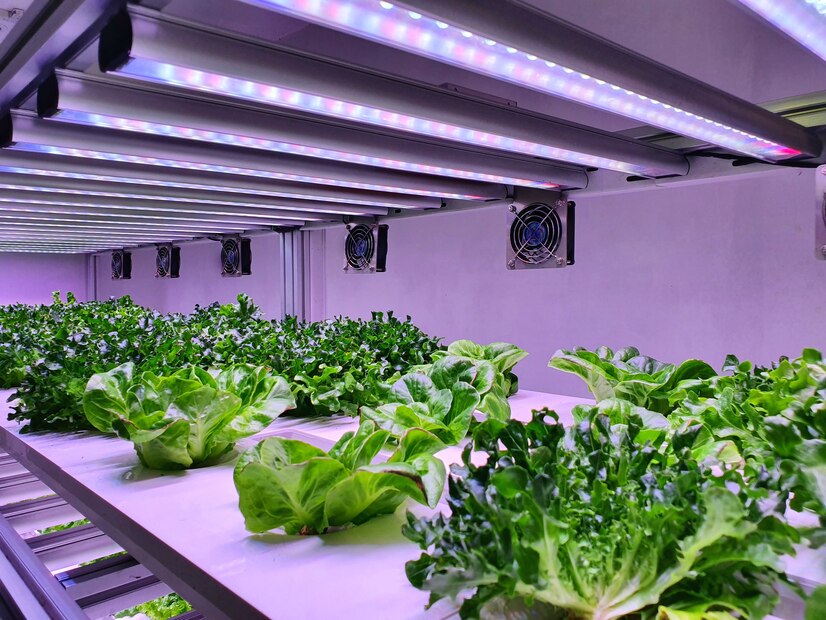Volunteer Spotlight: The Growers Grange


Schroeder Law Offices, P.C. legal assistant Melissa Teter, has volunteered at The Growers Grange, a local farm in Corbett, OR, for the last two growing seasons. The Growers Grange is a small farm run by Bianca and Ethan Nati. Their focus is on preserving their Italian tradition by growing heirloom vegetables and fruit.

In addition to vegetable production for the local community and restaurants, Nati’s utilize 1/8 of an acre for saving seeds of select crops for True Love Seeds and The Italian Garden Projects. Some favorite produce grown by the Nati’s are eggplant, basil, garlic, Anellino beans, a variety of peppers, and of course, tomatoes.
In 2023, Natis added fig trees in collaboration with The Italian Garden Project’s Legacy Fig Collection. They are hoping to offer fruit from these trees in a few years.
While volunteering, Melissa helped harvest, seed, and weed, and even participated in a work share program where in exchange for her work, she received a box of produce. In addition to produce, the farm hosts goats, geese, and chickens, as well as 4 large guard dogs that deter bears and cougars. Mateen, the oldest of the dogs is pictured below.

Melissa’s favorite volunteer activities included trying new fruits and vegetables that she otherwise would not have tried and learning more about farming in Oregon.




